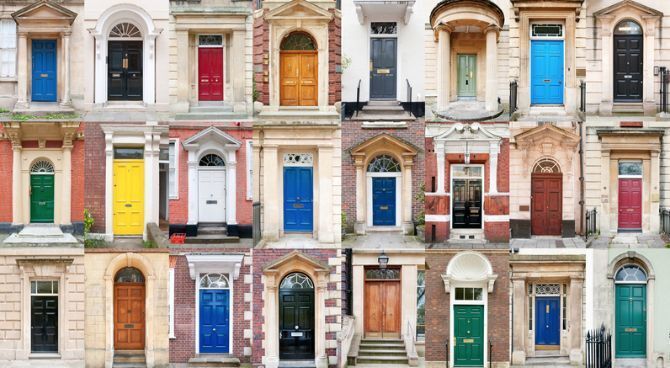House price slowdown in London comes to a halt
A shortage of housing is supporting continued house price growth across the UK. What else is fuelling this trend?

London house price inflation at 3.3 per cent
In London, the index showed annual house price inflation currently running at 3.3 per cent. Although this is a far cry from the 14 per cent seen a year ago, Hometrack said, "Lower turnover and restricted supply means that growth is now expected to plateau at between 2 and 3 per cent for the remainder of 2017."Richard Donnell, research and insight director at Hometrack, said the latest index identified two contrasting trends. "First, there is clear potential for additional house price growth in cities outside southeastern England. House prices in London have grown 90 per cent since 2009, but growth in ten cities has been below 30 per cent over the same period."So long as the economy continues to grow, and mortgage rates remain low, we expect house prices to keep rising at a steady rate and close the gap to London."In London, where affordability is most stretched, house price growth has slowed rapidly in the last year on weaker demand and growing uncertainty. The annual rate of house price growth in London has bottomed out for now as turnover falls and supply tightens."We don’t expect year-on-year falls in our London index in 2017, but there are small price falls in localised markets, typically those with average prices of between £600,000 and £800,000. Given the uncertainty over the Brexit negotiations and the impact on the economy, we believe that house prices will need to adjust further over the next one to three years to align with what demand is prepared to pay.”Overseas interest keeping UK house prices stable
Liz Syms, chief executive at London-based Connect Mortgages, commented, “With the weakening of the pound, we are getting interest still from overseas, which helps keep the prices stable – as well as the shortage of houses. We deal with a lot of expats and overseas purchasers, and we have seen a continued interest from that market.”Across the nation as a whole, average prices increased by 3.5 per cent over the quarter – the highest quarterly rate for four years. This growth has been driven by Manchester and Birmingham, which remain the fastest-growing cities, along with Newcastle and Nottingham.Hometrack said, "Over the remainder of 2017, Hometrack expects further house price growth in most major regional cities outside London and the South East, including Birmingham and Manchester."Since 2009, house prices in London and Cambridge have increased by 85 per cent while in Glasgow they’ve risen by just 12 per cent. Hometrack’s view is that there is clear potential for house prices in regional cities to close the gap as long as mortgage rates remain low and the economy continues to grow."Hometrack Cities House Price Index (average price, per cent change over quarter):
Aberdeen £178,400, -1.0%Belfast £130,200, 2.3%
Birmingham £153,400, 3.8%
Bournemouth £276,700, 0.8%
Bristol £266,700, 2.1%
Cambridge £431,200, 2.6%
Cardiff £194,500, 1.0%
Edinburgh £206,800, 2.1%
Glasgow £117,500, 1.5%
Leeds £159,600, 2.8%
Leicester £164,900, 1.7%
Liverpool £117,300, 3.7%
London £492,200, 1.9%
Manchester £154,800, 3.5%
Newcastle £127,700, 3.7%
Nottingham £146,000, 3.9%
Oxford £414,100, -0.3%
Portsmouth £225,900, 1.2%
Sheffield £132,700, 2.8%
Southampton £224,000, 1.8%
©2025 Re:locate magazine, published by Profile Locations, Spray Hill, Hastings Road, Lamberhurst, Kent TN3 8JB. All rights reserved. This publication (or any part thereof) may not be reproduced in any form without the prior written permission of Profile Locations. Profile Locations accepts no liability for the accuracy of the contents or any opinions expressed herein.









































